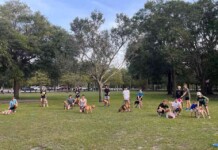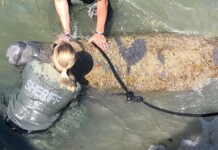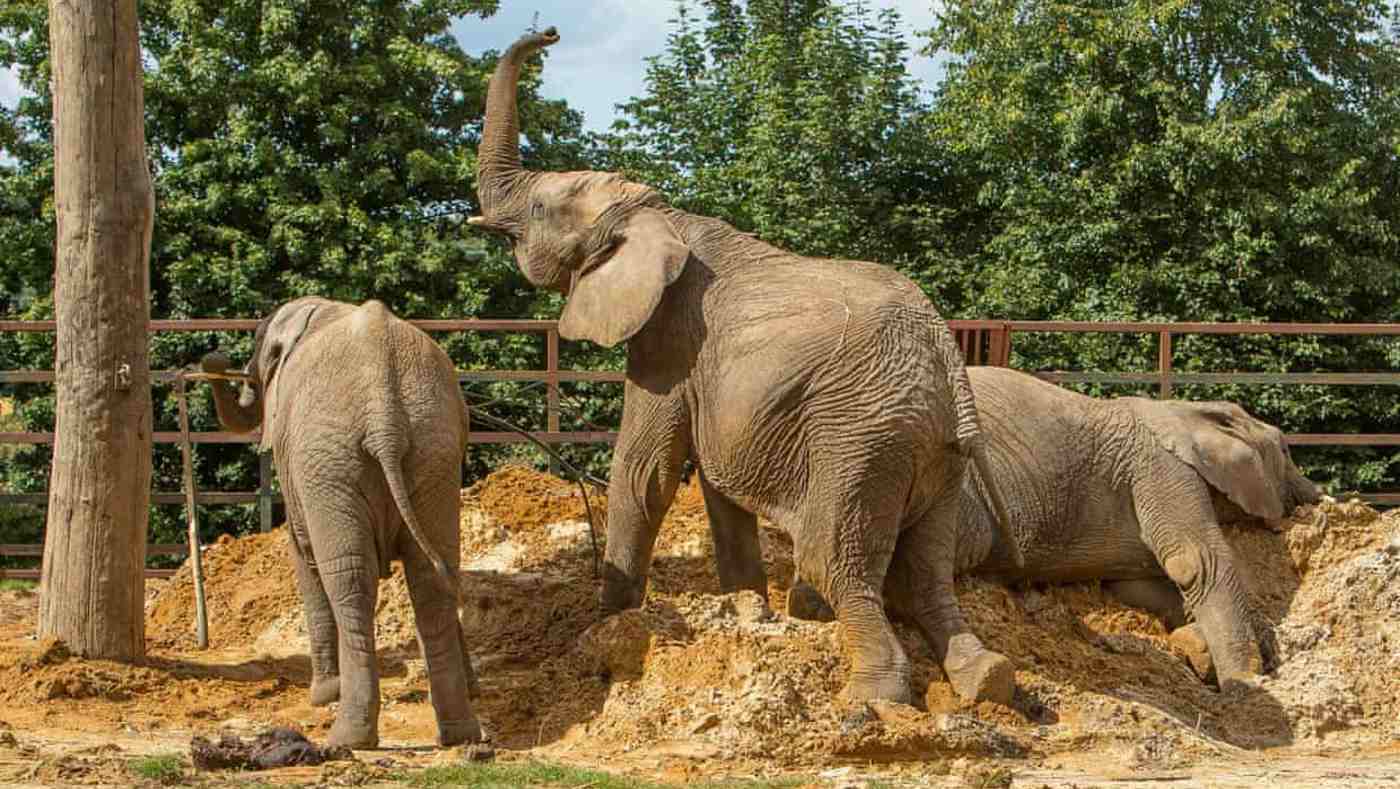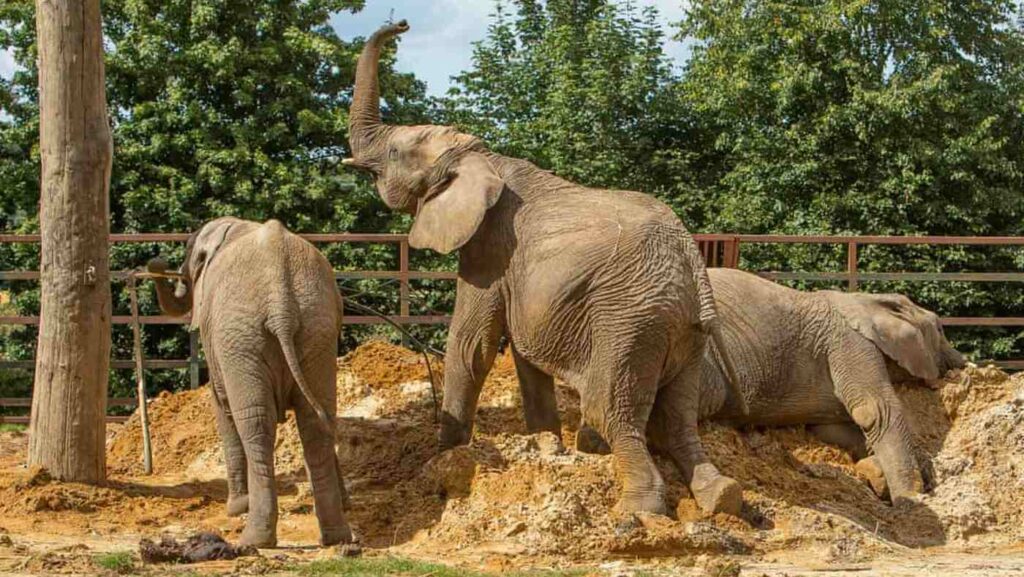
Elephants are famous for their migrations—long marches across savannahs and deserts done entirely from memory, but for 13 captive elephants in Kent, their journey will look quite a bit different.
That’s because their trip will be one-way, by plane, and will be the first of its kind—a rewilding effort that hopes to move all 25 collective tons of pachyderm via airplane back to their ancestral homeland of Kenya.
Such a challenge requires experienced minds, but the team behind the mammoth undertaking are some of the best around. Experts in wild animal relocation, The Aspinall Foundation are working with the Sheldrick Wildlife Trust and the Kenyan Wildlife Service.
At Howletts’ Wild Animal Park in Kent, near Canterbury, The Aspinall Foundation ensures that every exotic animal breeding and living in safety there generates the revenue they need for them or their descendants to be reintroduced into the wild.
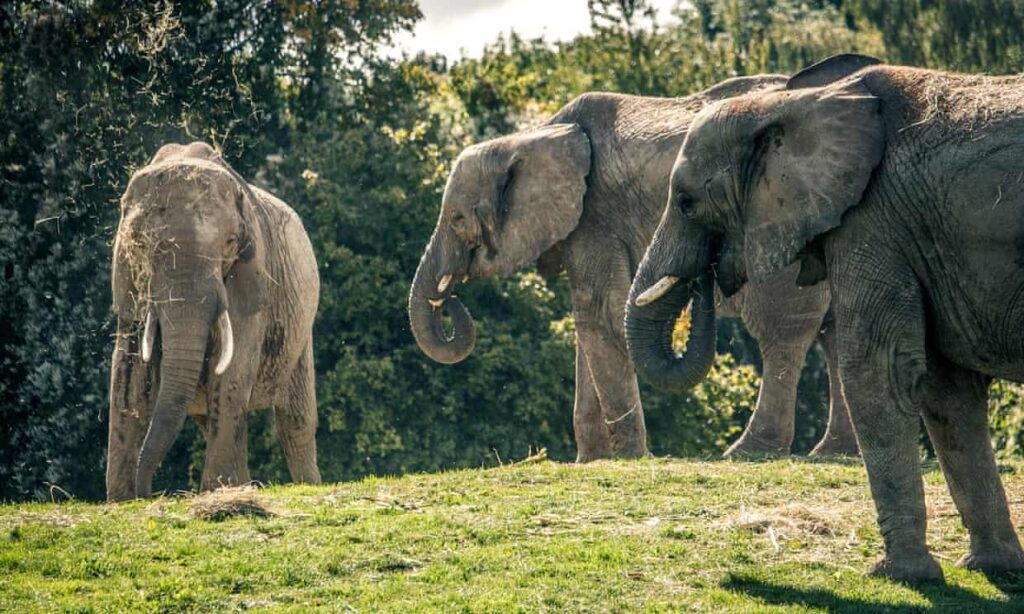
Their ‘Back to the Wild’ program has already seen an impressive number of animals born at the Kent parks return to their natural habitats. Western lowland gorillas, black rhino, Javan langurs and gibbons, European bison and clouded leopards are now not only thriving in the wild, but are also successfully breeding.
On the Kenyan side, the Sheldrick Wildlife Trust has been protecting wild elephants and rescuing injured ones, nursing them back to health, and reintroducing them into the wilds of Kenya for over 50 years.
When the Howletts’ breeding herd steps onto Kenyan soil after their 4,500-mile (7,000-kilometer) journey, it will be the longest and largest elephant release effort in history.
A mammoth task
While the amount of money and work that will go into building special crates, continuously monitoring the elephants, loading them onto lorries, and then into the back of a cargo aircraft seems too much to believe, the program leaders feel there is no other option.
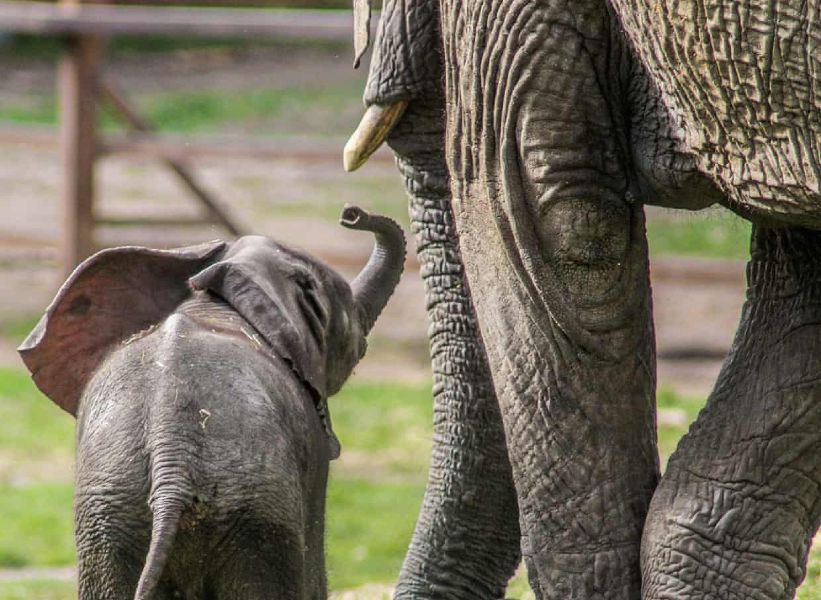
Carrie Johnson, the wife of Prime Minister Boris Johnson, is actually the communications director for the Aspinall Foundation, and she wrote in the Sun, explaining their decision:
“After years of weighing up the benefits and the risks, we at the Aspinall Foundation have decided on an unprecedented project and a real world first,” she said. “This is the first time a breeding herd of elephants has ever been re-wilded.”
MORE: Baby Elephant Rescued After Falling Into Indian Well 30-Feet Deep
Mr. Damian Aspinall, founder of the foundation, told BBC Radio Kent: “Elephants don’t do well in captivity. Hardly any are born. Females live to about half their natural life. Over half the elephants in captivity are obese. They suffer foot problems, skin problems, [and] mental distress.”
“I think we would have done something good in the world if we can achieve this,” he added “Once they get out there, they are going to be so happy, wandering about, meeting other wild elephants, breeding.”
The 13 elephants include three calves, which lent the idea of naming the specially-designed 747 in which they will travel the “Dumbo” jet.
Angela Sheldrick, CEO of the Sheldrick Trust, said: “Since the 1970s we have been helping elephants. Providing a wild future to more than 260 rescued orphans and operating extensive protection projects to ensure they, their wild-born babies, and their wild kin are best protected throughout their lives.”
“We look forward to offering that same opportunity to these 13 elephants when they step foot on African soil, home where they belong and able to live wild and free as nature intended.”
CREATE a Good News Stampede—Share This Story on Social Media…



